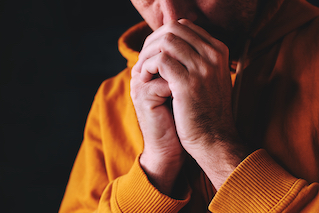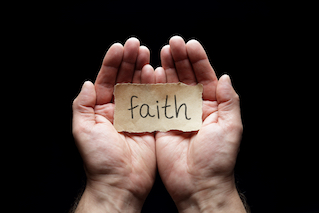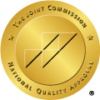Just as addiction disorders are unique to the individual, so are paths of recovery. Religious connection plays a large part for some in recovery. Some people with strong religious ties may feel a conflict between their faith and substance abuse. In addition to dealing with society, pressure, and consequences from their faith-based community becomes a challenge. Addressing the spiritual component of an individual’s unique struggle with addiction may help the recovery process for those with religious convictions.
Faith and Religion


Recovery
Faith and Religion
What are Faith and Religious Based Recovery Programs?
Spiritual recovery programs address the mental, physical and spiritual aspects of addiction and alcoholism through a religious lens. The main philosophy is addiction starts by filling a void created by a lack of spirituality or religious connection in one’s life. Through re-committing or committing to a belief in a higher power and religious practice, one can address their addiction in a way that aligns with their beliefs.
While there are spiritual recovery centers available for various faiths, the general foundation of each program is similar. The following eight points are present in nearly every program:
Your path to recovery is waiting
and we’re here to help.
Our admissions specialist are available 24/7 to listen to your story
and get you started with next steps.
Why call us?
1. Education on the spiritual principles of the program’s specific religious focus
2. Development of a relationship to a higher power
3. Participation in some form of religious study, prayer, or meditation
4. Drug or alcohol addiction education
5. Drug or alcohol counseling
6. Help with detoxing through the withdrawal process
7. Group therapy and religious studies
8. Relapse-prevention training
From these eight general points, it is clear that there is an importance placed on a religious connection in these programs. Still, it is essential to note that this, in most cases, does not come at the expense of accurate addiction therapy, education, and counseling. Instead, the spiritual aspect is a personal choice for the individual participating who believes a higher connection will help them further their chances of stable recovery.
Not all spiritual programs are explicitly based on religion. There are programs available for those who feel a need for spiritual connection but do not exactly have a specific religious belief.
Important Things to Look Out for in Faith and Religious Based Programs
Spiritual recovery programs are diverse—there are in-patient, out-patient, luxury, and even destination options. The most important thing to look out for is whether the program’s religious philosophies align with yours. For example, is it a conservative program or more reform? It is best to attend a specific program to your religion or to one you are seeking to join.
Religious recovery programs should be vetted the same way a non-religious recovery program would. Consider things such as cost, amenities, and whether in- or out-patient is right for you. Not every religious program offers all eight of the benchmarks listed above, so if you need something such as detoxification, make sure to check and see what each one offers so to find the best fit for you.
Alumni and aftercare services are vital as one transitions out of treatment. External triggers, such as job stress, family relationships, and significant others, can cause relapse, so consider how each program will help you post-treatment. An advantage of a faith-based program is that you have a common bond, and it is an excellent foundation for developing supportive relationships. A connection to a higher power and the tight-knit community many receive from religious-based programs can provide a strong support system for you as you start a new way of life.
+ Sources
https://sbtreatment.com/resources/faith-based/
https://www.recovery.org/drug-treatment/faith-based/
You are not alone, find help for addiction and speak with someone who understands by calling (844) 533-0356
Free and Confidential




